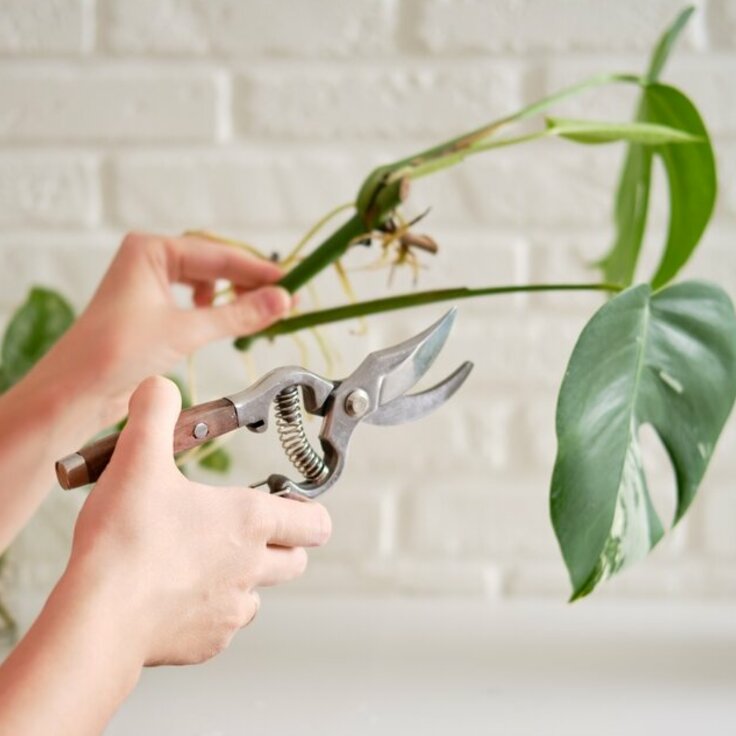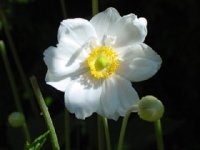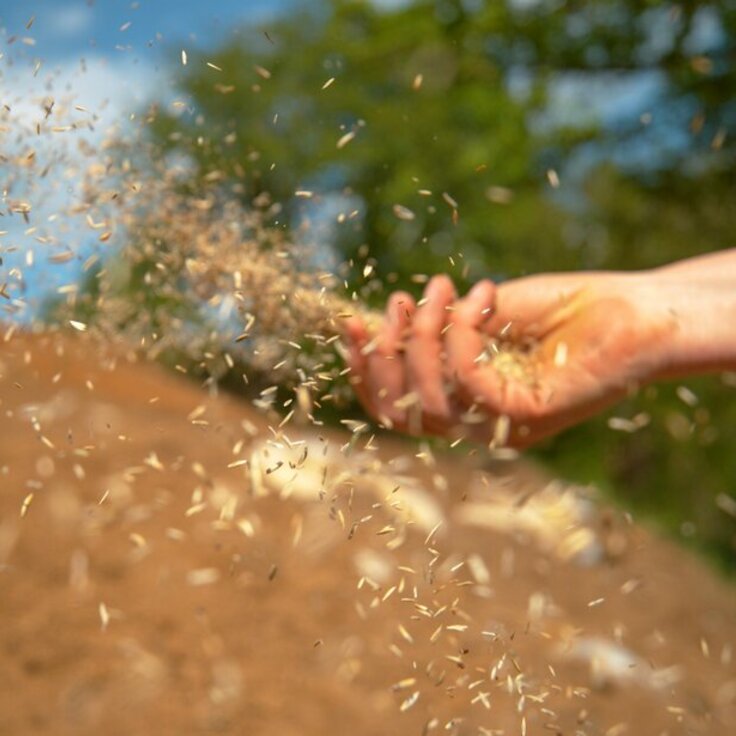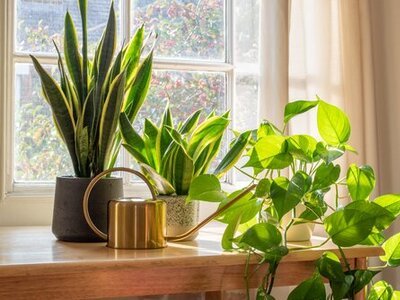Common Composting Mistakes When Making Your Own
It's been established that compost is good for your garden because it adds vital nutrients to the soil, thus helping build disease-resistant soil and plants that thrive. Instead of buying bags of the synthetic type every year at the gardening store, you might want to make your own. Making your own compost is not hard, especially if you know ahead of time what the common composting mistakes are and avoid them.
1. Adding the wrong thing.
There are lots of things you can add to your bin that will break down into wonderful "black gold", but there are some you should avoid for a variety of reasons. Some will attract critters or won't decompose at a decent speed. Large tree branches or chunks of wood are better left out of the pile. The same goes for treated wood. You should also avoid adding meat, bones, animal remains, animal feces, fatty foods from your table, pernicious weeds or weeds with seed heads.
2. Not having an appropriate mix ratio.
Creating your compost pile doesn't have to be an exact science, but you should have your green waste and brown waste ratios in the ballpark. A good rule of thumb is layering brown, then soil, green, then soil, and repeat. If you'd like to do it in a casual manner - whenever you take out a load of vegetable scraps, throw some of your shredded paper or dead leaves on top and then a shovel-full of dirt.
3. Failing to break up big items or dead leaves.
Your compost pile needs to breathe. When you add your dead leaves, they tend to mat down making for a dense pile that's especially hard to turn. Mulch them with your lawnmower or with your weed eater first and then add. Also, the bigger the item, the longer it takes for it to decompose. Clip your big stuff down to size. This also makes it easier to turn everything.
4. Not managing your compost.
Of course you can throw the ingredients into the bin and do nothing. Eventually it will break down into some semblance of what you want, but this takes forever. Make a point of watering the mix when it's dry, to the point of just barely damp, and turn it often. The more you turn it, the faster it heats up and the faster it decomposes.
Making your own compost is not hard once you get started. Start collecting your acceptable kitchen scraps, rake up and shred your dead leaves and start layering. Manage your compost by keeping it damp and turning it often and you'll be amazed at what you end up with! Plus your garden will thank you.








